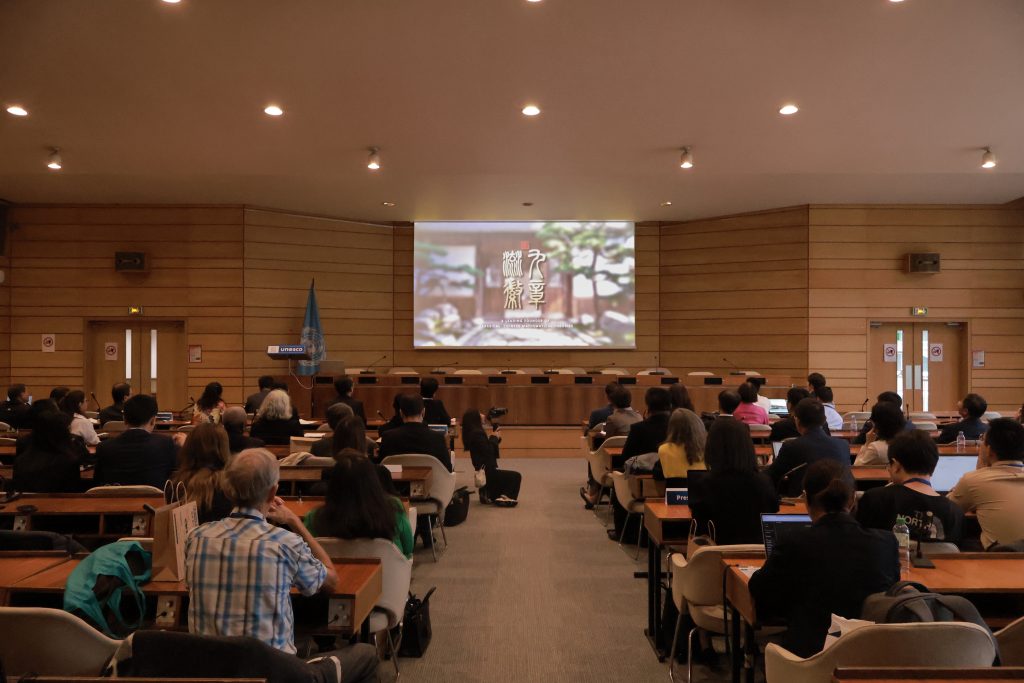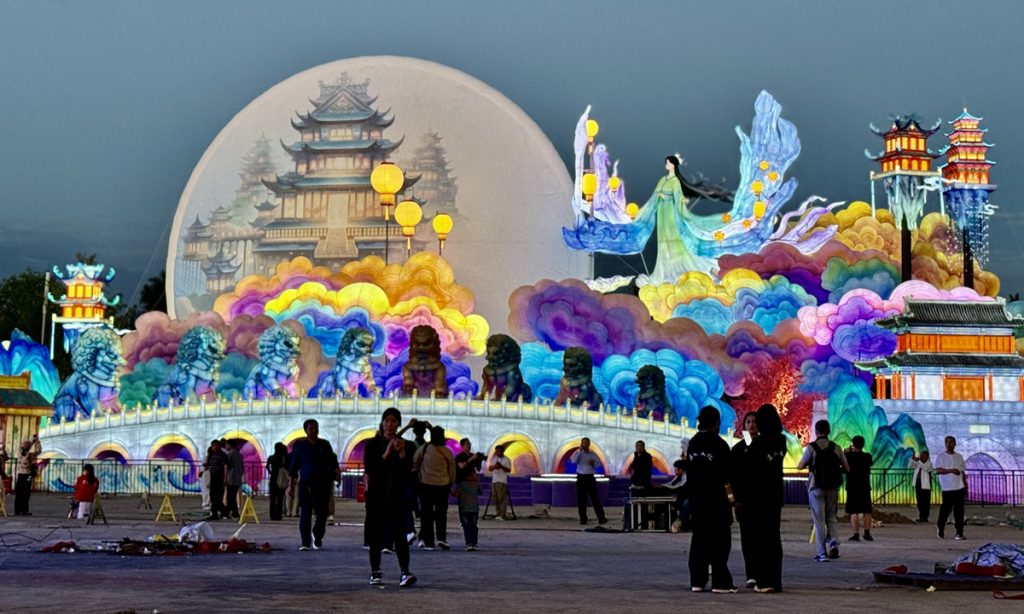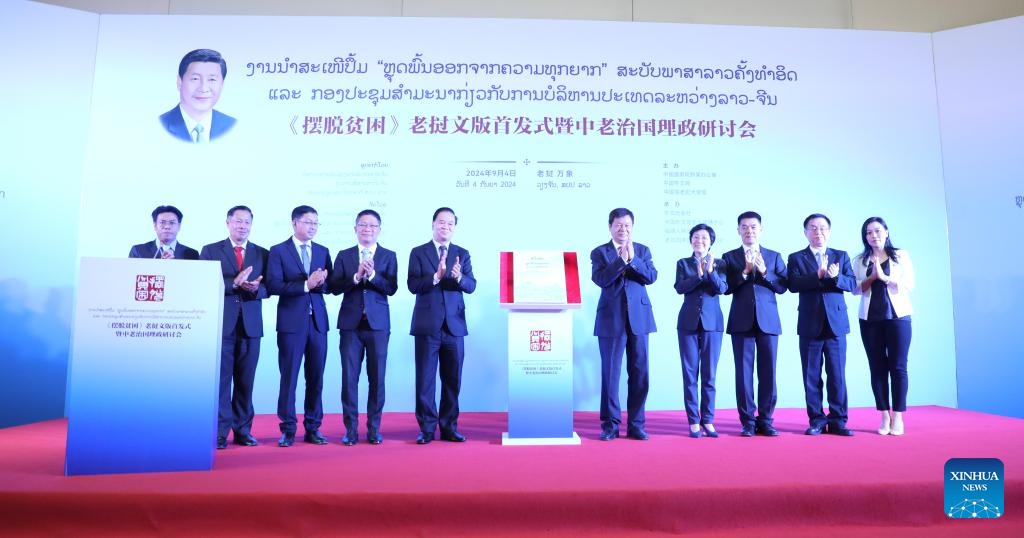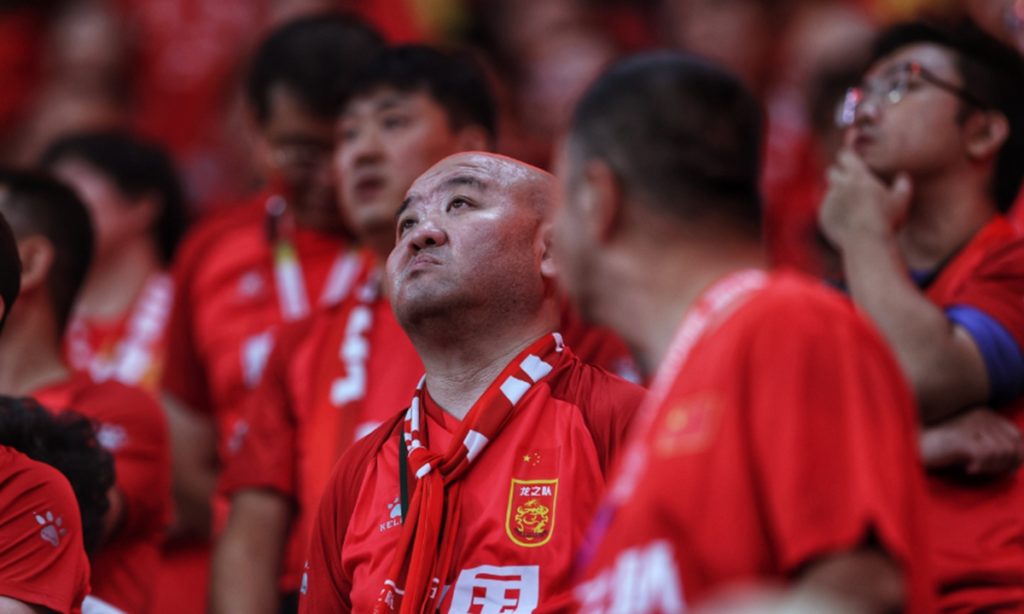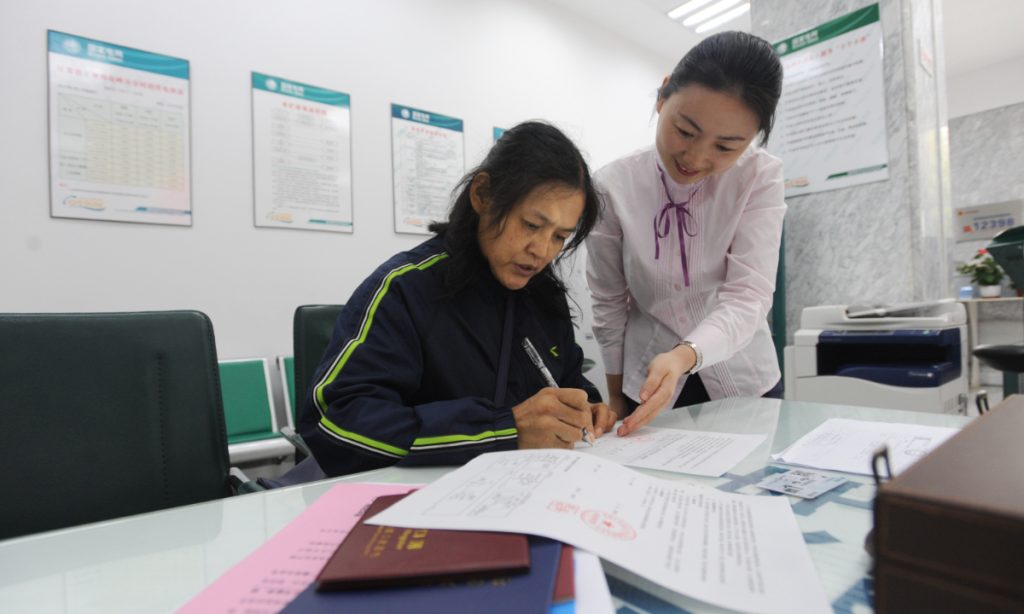China’s advanced Hualong One reactor expands deployment, promotes green energy transition

Editor's Note:
On October 1, the People's Republic of China will celebrate its 75th anniversary. Over the past 75 years, under the strong leadership of the Communist Party of China, the country has made remarkable progress in social and economic development. From a once backward agrarian society, China has transformed itself into a major manufacturing hub backed up with strong technology innovation capability. Chinese economy is globally integrated, offering significant opportunities to the rest of the world. To illustrate this, the Global Times is publishing a series of articles, with the third installment focusing on China's energy transition.
On Friday, tower cranes swirled and other machines roared at the China National Nuclear Power (CNNP) Guodian Zhangzhou Energy Co construction site, located in Zhangzhou, East China's Fujian Province. The workers were pouring concrete for the construction of Unit 4 of Zhangzhou nuclear power plant that uses Hualong One - a domestically designed third-generation nuclear reactor.
"At 5 am on Friday, more than 300 of us were standing ready on the site to start work at any time. It was an incredibly exciting moment," Chen Linhu, the worker who oversees the concrete pouring, told the Global Times as he wiped sweat from his brow.
Li Bin, the trade union chairman of the CNNP Guodian Zhangzhou Energy, said that injecting concrete marks a key milestone for the project, signaling the launch of the second phase of the Zhangzhou Nuclear Power Plant and a further advancement of the development of China's homegrown nuclear reactor Hualong One.
All six units at the Zhangzhou Nuclear Power Plant will use the Hualong One reactor, each with a capacity of generating 1 million kilowatts of electricity. Currently, four units are under construction. Unit 1 is expected to be connected to the state grid at the end of 2024, while Unit 4 is slated for commercial operation by 2029.
According to industry insiders, the rapid rollout of China's homegrown nuclear power technology is indicative of the profound transformation of China's energy structure since 1949 when the People's Republic of China was set up.
Now, China, as the world's largest energy producer, has established an energy production and supply system that is resilient, innovative and secure.
Over the past years, the country's energy mix has transitioned from dominated by traditional energy sources, such as coal, gas and other fossil fuels, to clean and diversified sources. The development of clean energy such as hydropower, solar panels, wind turbines, nuclear power and more sources has been gaining pace.
Continuous innovation
Upon full completion, the Zhangzhou nuclear power plant is expected to generate over 58 billion kilowatt-hours of electricity per year, greatly easing local energy demand and providing strong support for the nation's "dual carbon" goals of reaching peak carbon emissions by 2030 and attaining carbon neutrality by 2060, according to CNNP Guodian Zhangzhou Energy.
Each Hualong One unit generates over 10 billion kilowatt-hours of electricity annually - sufficient to meet the annual electricity demand of 1 million people.
This is equivalent to saving 3.12 million tons of standard coal and reducing carbon dioxide emissions by 8.16 million tons each year, Wu Yuanming, chairman of CNNP Guodian Zhangzhou Energy Co, told the Global Times on Saturday.
Zhang Yu, general manager for work safety at CNNP Guodian Zhangzhou Energy Co, said on Friday that the construction of Unit 4 is built on the success of Units 1 and 2, with more than 30 design enhancements, including improved safety features, a localization rate of over 95 percent spare parts, and the most innovative construction methods.
Zhang noted that the successful implementation of the Hualong One reactor technology represents a major technological breakthrough developed through 30 years of innovation.
As one of the major achievements in China's nuclear power development, Hualong One is highly emblematic of the country's independent innovation capability, standing among the best in the world.
The Hualong One is currently the third-generation nuclear reactor adopted by a rising number of operational and under-construction generation units in the world, indicating that China's nuclear power technology and industrial competitiveness have entered the top rankings in the world.
The technology has also been well recognized for its top-tier safety and reliability, and has been exported to countries like Pakistan and Argentina. Also, it is gaining broad interest among the Belt and Road Initiative partners, according to Li, who has recently hosted a media delegation from Kazakhstan for a potential bid to build a nuclear power station there .
"With a dual-layer containment structure, it can withstand major threats like aircraft impacts, hurricanes, and even 9-magnitude earthquakes. Its innovative design also integrates both active and passive safety systems, ensuring a robust defense against potential natural hazards," Zhang Yu, general manager of the work safety department of CNNP Guodian Zhangzhou Energy Co, told the Global Times on Friday.
As of August 29, China has approved a total of 102 operational and under-construction nuclear power units - the most in the world - with a combined installed capacity of 113.13 million kilowatts.
Profound transformation
Lin Boqiang, director of the China Center for Energy Economics Research at Xiamen University, told the Global Times on Saturday that China's nuclear power sector has played a prominent role in the nation's low-carbon industrial transition over the past decades.
"By integrating China's manufacturing capabilities with the Hualong One reactor technology, the country's nuclear power industry is well positioned to drive sustainable energy transformation," he said.
China is the world's largest energy producer. In 2023, China's total primary energy production reached 4.83 billion tons of standard coal, an increase of 202.6 times compared to 1949, with an average annual growth rate of 7.4 percent, according to data from the National Bureau of Statistics (NBS).
Coupling with those nuclear power generators, the country has led the world in exploring and adopting a wide variety of clean energy sources, fast-tracking the development of solar panels, hydropower, nuclear power, wind power and more.
Last year, electricity generated from clean energy sources accounted for nearly 40 percent of China's total electricity generation, according to a white paper on China's energy transition released in August.
Those notable progresses have positioned China as a key engine in the world's green industrial transition.
The efforts also shed light on the country's firm commitment to fulfilling its responsibility to significantly reduce carbon footprint, while some Western developed countries have shown signs of retreating from their climate goals.
According to the white paper, China's exports of wind and solar photovoltaic products have helped many other countries to cut carbon dioxide emissions by about 810 million tons in 2023. From 2014 to 2023, the global share of non-fossil fuels in energy consumption rose from 13.6 percent to 18.5 percent, with China contributing 45.2 percent to this increase.

